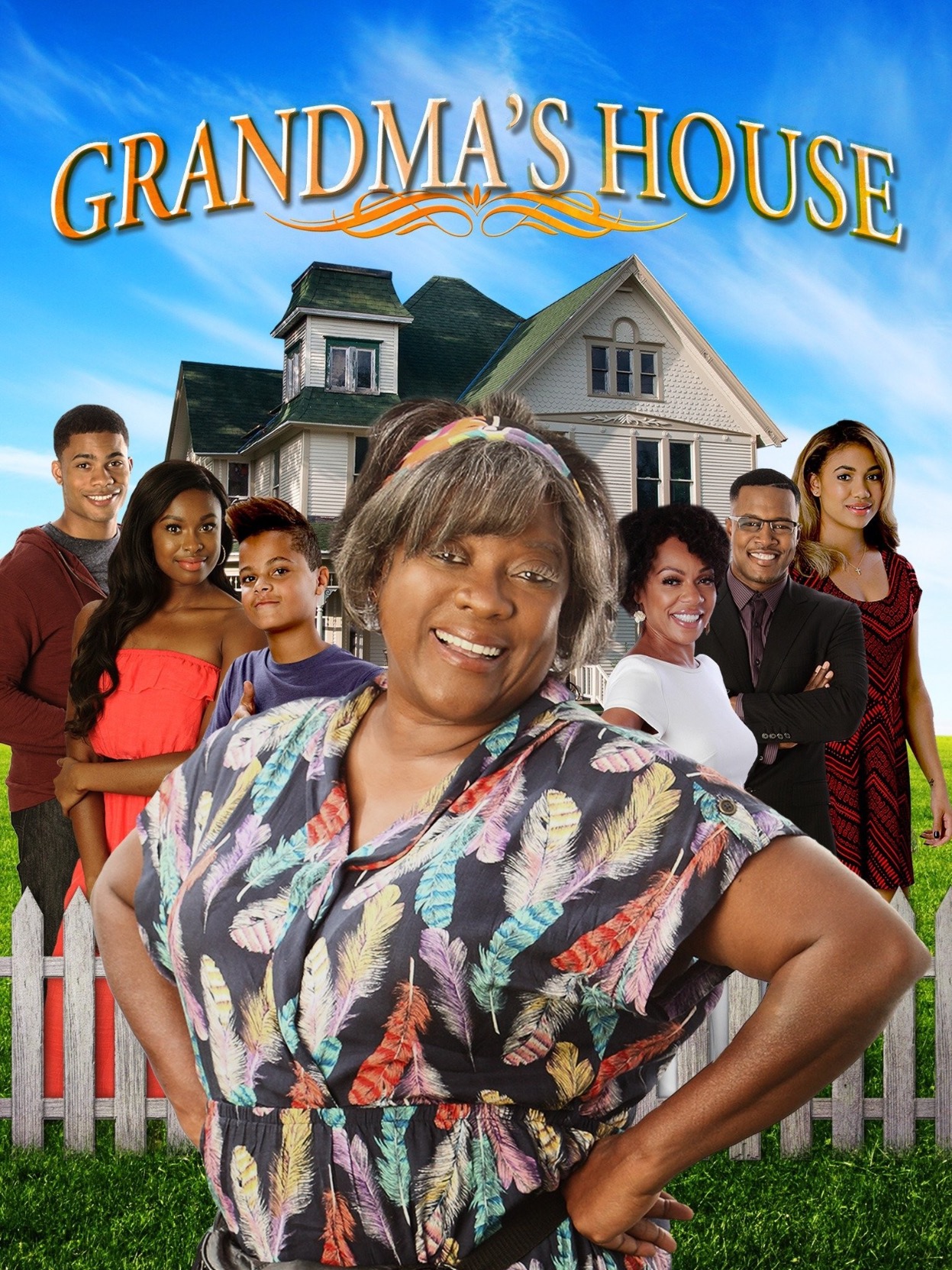I wasn’t looking forward to watching Grandma’s House because I’ve seen enough Christian films to last a lifetime.
I grew up in a strict religious household where my mom was against any secular influence, to the point of banning secular media entirely. Most of what we had in the house was Christian media, including movies, and most of them were garbage—poorly acted, poorly written, and existing purely to preach at you. So, based on past experience, I wasn’t expecting much. But I have to say, Grandma’s House is miles better than the films I grew up with.
Despite being a supposedly family-friendly movie, it actually deals with heavy topics—spousal abuse, alcohol addiction, teen pregnancy, gang violence. The list goes on. It’s set in an African-American community, and I suspect that’s part of why it feels more grounded than the sanitized, lifeless Christian films I was raised on.
It deals with real-life problems that don’t have easy answers, and it doesn’t just imply that Jesus is a magic fix for everything. The message is clear: you have to solve your own problems too. That’s something I can actually get on board with.
I’m not against spirituality, Christianity, prayer—none of that. What I’ve always been against is the cultural homogenization where Christians try to turn everyone into carbon copies of themselves. Grandma’s House doesn’t do that.
It embraces its African-American cultural roots, and that makes a huge difference. Black folk, religious or not, have a distinct identity separate from the generic, corporate-friendly American evangelicalism I grew up with. For example, the music in this film is actually good. It’s not the kind of contemporary Christian music that sounds like a YouTube stock track or a watered-down U2 knockoff. Instead, we get big, bright gospel music with powerful vocals, and I love it. The actors also give genuinely heartfelt performances—nothing feels phoned in.
The movie follows three kids whose home life is falling apart. Their father lost his job, started drinking again, and things got violent. Their mother, desperate to get them out of that environment, drops them off at their grandmother’s house.
Grandma runs a tight ship—no video games because they “rot your brain,” everyone has to be up at 6 AM, and nobody is allowed to visit without her permission. The house is also home to a young man training to become a college football player, whose mother recently died of cancer. There’s a teen mom living there as well, and another woman who fled to Grandma’s house after her husband cheated on her.
I’ve talked about what I liked, but now for what I didn’t. The kids push back hard against Grandma, and honestly, I get it. She’s a little too much of a hard-ass. If she weren’t so strict, the kids probably wouldn’t rebel as much or get into as much trouble.
Do they really need to be up at 6 AM? They’re kids. They just need to wake up in time for school. They’re also bored. Take away their video games and other entertainment, and of course they’re going to sneak out, go to parties, and get into trouble. If you make life miserable for them at home, they’ll find somewhere else to be.
Another thing that bothered me was the way the film handled the women’s storylines. The mothers in the movie have been put through hell by their husbands, yet the film seems to suggest that forgiveness means going back into those situations. I understand the idea of forgiveness, but why does it have to mean putting yourself and your kids back in danger? It doesn’t make sense. You shouldn’t have to wait for something terrible to happen—you should just avoid the situation altogether.
I also don’t agree with a lot of the Christian values presented in the movie. I don’t think it’s a woman’s job to cook or a man’s job to be the provider. That’s just outdated nonsense.
And the ending—without spoiling it—was way too cliché and predictable. It felt emotionally manipulative, like it was designed just to tug at the heartstrings. It also wrapped things up too neatly, which didn’t sit right given the weight of the issues presented earlier. Some narrative threads felt unresolved—one character dies, and then… that’s it. Nothing comes of it.
That said, I still think this was a better film than most Christian movies. It tackled serious issues in a way that felt more honest than what I was used to.
One moment stuck with me: when the kids ask Grandma why she’s so mean, she tells them, “I’m mean because life’s mean, and I want to prepare you for that.” I get where she’s coming from—the world isn’t a bouquet of flowers. But I also don’t think you need to be cruel to prepare kids for a cruel world. Kindness and gentleness go a long way, especially with children.
Would I recommend this movie? It’s okay. I wouldn’t watch it again, but it’s family-friendly, and I’d consider gifting it to my very religious parents.
@movies@piefed.social
